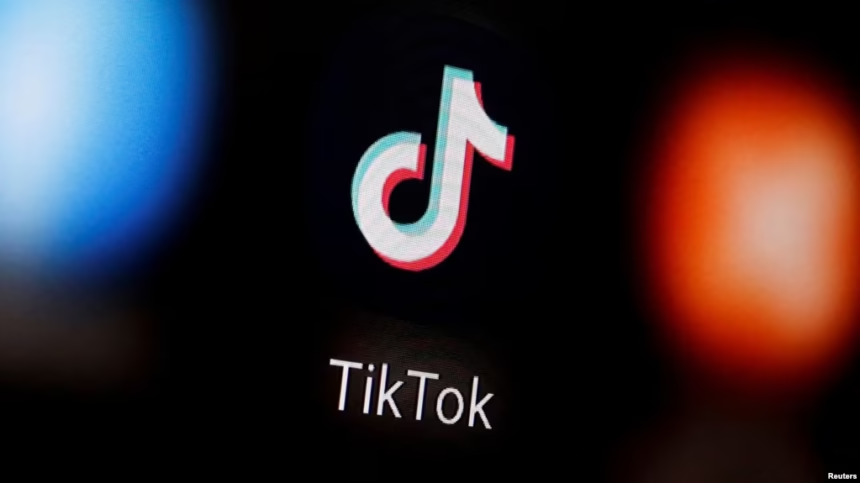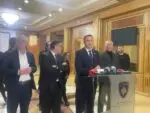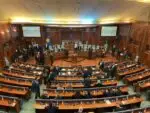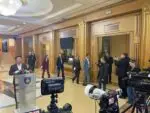The European Union (EU) has ordered TikTok to freeze all user data following reports that the Chinese-owned social media platform played a key role in a Russian orchestrated campaign to influence Romania’s presidential and parliamentary elections.
On December 4, the Supreme Council of National Defense of Romania (CSAT) declassified documents revealing that the country was a target of a “Russian hybrid aggression,” which contributed to the unexpected victory of pro-Russian candidate Calin Georgescu in the first round of the presidential election last month.
The CSAT indicated that the documents showed Romania, a member of both the EU and NATO, had been subjected to coordinated actions, likely orchestrated by a “state actor,” leading to Georgescu’s victory in the November 24 elections. Georgescu, running as an independent, will now face pro-European candidate Elena Lasconi in the December 8 runoff.
On December 5, the European Commission (EC), the EU’s executive body, issued a “preservation order” for TikTok under the Digital Services Act (DSA). This order mandates TikTok to preserve data related to “current or foreseeable risks” that the platform may pose to electoral processes and public discourse within the EU. The Commission stated that this order was crucial to investigate whether TikTok is complying with its obligations under the DSA.
The European Commission further emphasized that the purpose of this order is to evaluate whether TikTok is adhering to its legal responsibilities, particularly regarding the protection of democratic processes from foreign interference.
Intelligence services in Romania have suggested that Georgescu’s popularity was boosted significantly on TikTok through methods supported by Russia, including coordinated accounts, algorithms that enhanced his platform presence, and paid advertisements. According to the documents, Georgescu’s popularity soared from just 1% before the elections to 22% during a large-scale manipulation campaign that involved influencers and undermined Romanian institutions, as well as swaying ordinary voters.
The parliamentary elections, held a week after the presidential vote, saw a rise in support for three pro-Russian extreme-right parties, which collectively garnered one-third of the votes. However, pro-European parties appear to have enough votes to form a governing coalition.
On December 8, voters will decide the winner of the presidential election in a runoff, with Georgescu facing off against Lasconi.
The United States has also called for an investigation into Moscow’s interference in Romania’s elections, underscoring growing concerns over foreign influence in democratic processes across Europe.







